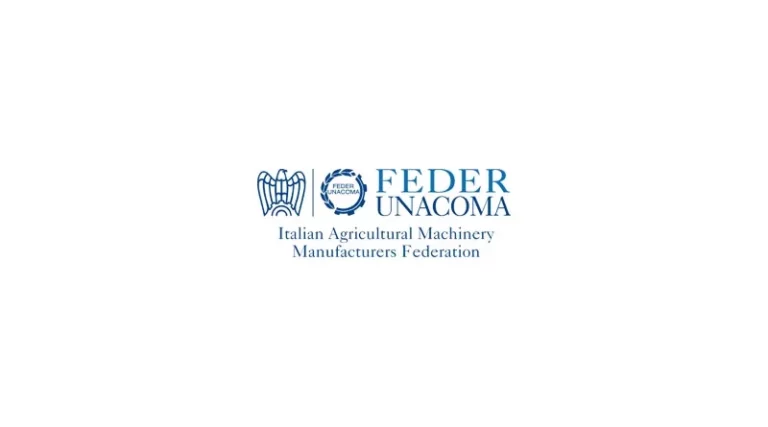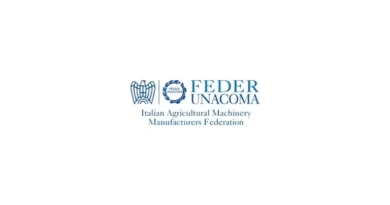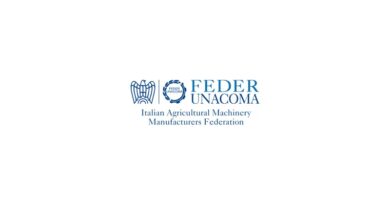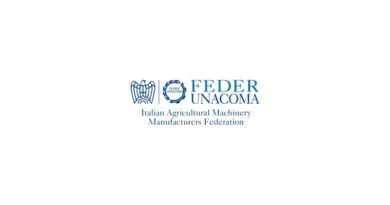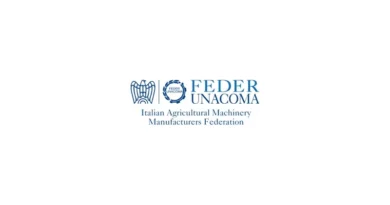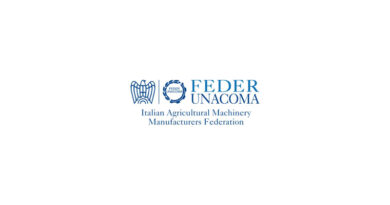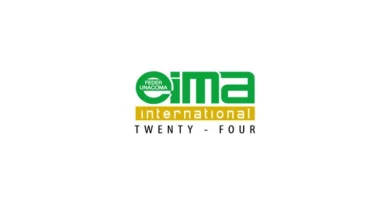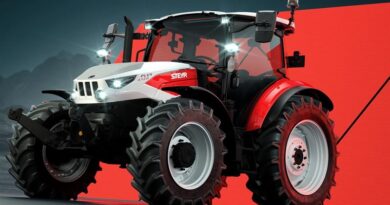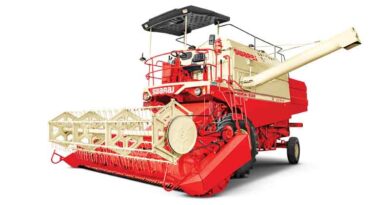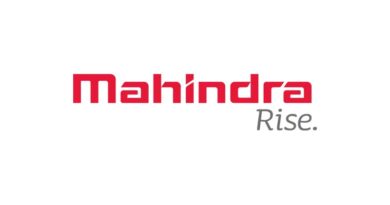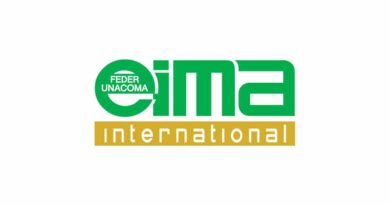Agricultural Machinery, Market Down in the First Three Months of the Year
13 April 2024, Italy: The first quarter of the year marks a substantial decline in sales for all types of agricultural machinery. Tractors and combine harvesters fell by 25% and 56.7% respectively, tractors with loading platform by 18.4%. Negative sign also for trailers (- 6.1%) and telehandlers (- 37.2%). FederUnacoma: the contraction in demand due to economic and geopolitical factors, a multiannual public incentive plan is needed to complete the digitisation of our agriculture.
Contraction in farm incomes, monetary tightening, geopolitical uncertainty and inflation affect the performance of the agro-mechanical market in the first quarter of the year. The data on registrations – compiled by FederUnacoma (the Italian manufacturers’ association) on the basis of registrations provided by the Ministry of Infrastructure and Transport – indicate a substantial decline for all the main categories of agricultural machinery for the months between January and March. Compared to the same period last year, both tractors are down, which mark -25% stopping at 3,812 units sold (they had been 5,083 in 2023), and combine harvesters, which record a loss of 56.7% (26 vehicles registered in 2024 against 60 in 2023). As for the other types of machines, tractors with loading platform registered a decline of 18.4% to 129 units (158 in 2023), while agricultural trailers managed to limit liabilities to 6.1%, with a total of 1,800 vehicles registered in the quarter (1,920 in 2023). For telehandlers – a category of machines that has experienced robust growth in recent years – the contraction was more substantial: in the period between January and March, the number of units sold fell by 37.2%, stopping at 236, i.e. 140 less than the 376 in 2023.
With demand for agricultural technologies remaining potentially high – as evidenced by the growth in second-hand vehicles (in 2023 +8.1% over 2022) – stagnant farm incomes and rising production costs, together with continuing uncertainties about the geopolitical scenario, have ended up discouraging investment in agricultural technologies. Among the factors that have influenced market trends in recent months, the restrictive monetary policy followed by the European Central Bank has also played a major role. Rising interest rates are combined with rising list prices, making it more difficult for farms and contractors to purchase new vehicles. In the current economic situation – underlines FederUnacoma – state incentive measures, especially with multiannual programming, are more important than ever to relaunch the purchase of new generation machines, and with them the process of digitisation and modernisation of the national agricultural economy.
Also Read: The Dominance of Lok-1: Madhya Pradesh’s Leading Wheat Variety
(For Latest Agriculture News & Updates, follow Krishak Jagat on Google News)

